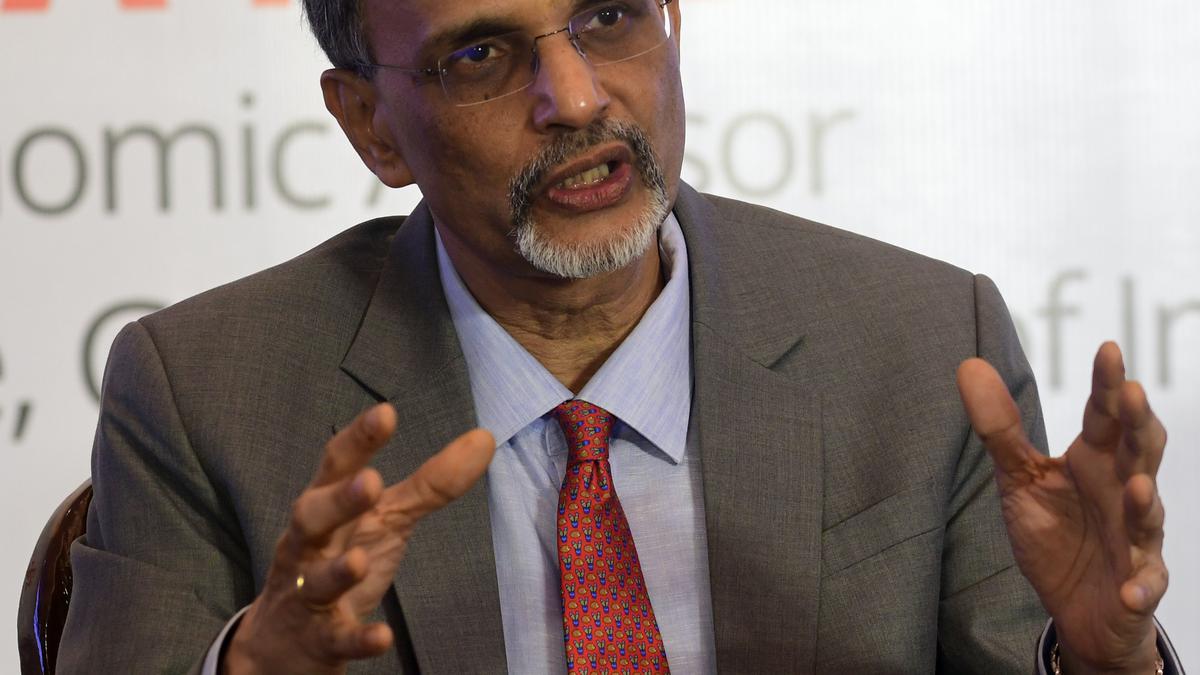
JP Morgan’s decision to help lower govt.’s borrowing cost, free up liquidity: CEA Anantha Nageswaran
The Hindu
JP Morgan’s move to include Indian government bonds in its global emerging market bond indices could potentially lower the country’s sovereign borrowing costs, help finance the current account deficit and free up liquidity for domestic financiers to deploy in more productive assets, the Chief Economic Advisor V Anantha Nageswaran said on Friday.
JP Morgan’s move to include Indian government bonds in its global emerging market bond indices could potentially lower the country’s sovereign borrowing costs, help finance the current account deficit and free up liquidity for domestic financiers to deploy in more productive assets, the Chief Economic Advisor V Anantha Nageswaran said on Friday.
In a September 21 note, JP Morgan conveyed India’s inclusion into its emerging market bond indices from June 28, 2024, starting with a 1% exposure to 23 “index eligible” bonds with a combined notional value of $330 billion”. The bonds’ inclusion will be staggered over 10 months till March 2025 when the Indian securities are expected to reach their maximum weight of 10%, it said.
“Everything else being equal, an incremental source of demand should see the Indian government’s borrowing costs come down but the order of magnitude is difficult to determine at this stage,” Mr. Nageswaran said in response to a query from The Hindu.
Foreign ownership in the Indian government bonds market, reckoned to be the third-largest among emerging markets at $1.2 trillion, is less than 2%, one of the lowest among its peers. Higher foreign ownership will “relieve” the Indian financial system from having to be these bonds’ biggest buyers and lend that money for more productive purposes, the CEA noted.
The move may also trigger some appreciation of the rupee, which could prove a challenge as keeping it competitive is also important, and expose bond and currency markets to external turbulence, but on balance, the benefits outweigh such concerns, the CEA asserted.


















